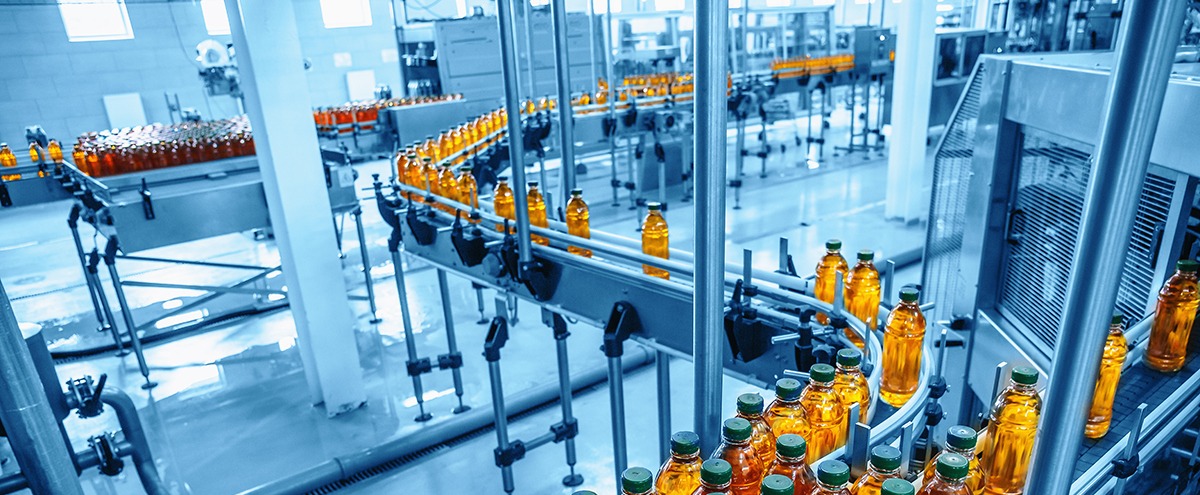For Food and Beverage (F&B) manufacturers, the battle against rising costs, tight delivery schedules, and regulatory challenges is relentless. With so many important aspects to stay on top of, unscheduled downtime from broken or faulty hydraulic machinery is the last thing an F&B business wants to deal with.

The cost of downtime
Yet, for 62% of F&B manufacturers, unexpected equipment failures pose a weekly threat, with 42% citing it as the primary risk to production targets. The toll? An average loss of 300 production hours yearly, with some business reporting losses of £50,000 per hour. The stakes are particularly high for manufacturers dealing with perishable goods like dairy, where downtime can result in thousands of pounds worth of product being wasted if the issue isn’t resolved in a matter of hours. This can lead to severe delivery delays, dissatisfied customers, loss of business as well as reputational damage.
Avoiding cross contamination
Aside from equipment breakdowns, cross contamination is another leading cause for downtime and usually occurs when more than one type of food is produced and the processing equipment is not properly cleaned. Excellent food safety and hygiene is critical with F&B production, as a single report of cross contamination from the transfer of microorganisms, allergens, or foreign substances not only leads to huge levels of downtime but it can also put the health of consumers at risk. To comply with hygiene and food safety regulations, it is critical that any equipment that comes into contact with Food and Beverage products, ingredients, and cleaning solutions use a hygienic hose.
The importance of a hygienic hose
A hygienic hose is constructed from materials that are food grade, non-toxic, and non-contaminating; examples include silicone, rubber, and thermoplastic compounds that are compatible with food and beverages. To prevent bacterial growth and contamination, they have smooth and non-porous surfaces that are easy to clean; this differs from a hydraulic hose which is built from materials designed to withstand high pressure hydraulic fluids. Equipment that typically uses hygienic hoses includes everything from filling machines which transfer liquids into bottles, to mixing and blending equipment that transport ingredients such as flavourings and syrups, through to the tanks and vessels that store, ferment, and mix products.
Partnering with a specialist hose provider
In the event of equipment breakdown, speed and quality are paramount. Whilst the priority is to get equipment back up and running again as quickly as possible, it’s also important that this is completed by a specialist hose provider that understands the importance of compliance as well as the associated risks. We provide a range of hygienic hose solutions suited for different use cases; from suction and discharge hoses for food transfer applications which demand flexibility and ruggedness to a white natural rubber food suction and discharge hose for businesses that process dairy products.
No matter the requirement, our technicians carry the right products to deliver a first-time fix and minimise downtime. If a complex situation should occur and a more specialised solution is needed, our technicians will work closely with you to get operations moving again as soon as possible.
Scheduled maintenance
To ensure your F&B machinery is working to optimum standard, we also offer planned maintenance. Regular planned maintenance and servicing offers the most effective means to prevent costly machines failures. To keep your hygienic hoses in perfect health, we offer a comprehensive range of periodic inspections carried out by industry-leading technicians. Whether that’s regular check ups or Total Hose Management, you can trust us to keep your business moving.
Interested in learning more? Find out how we help the Food & Beverage sector here.





Select a country